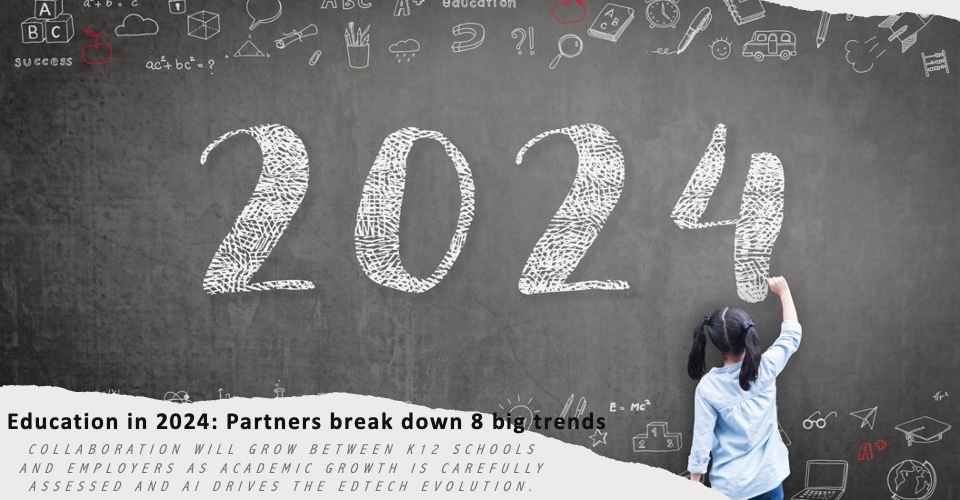“When there’s a need, you’re going to have to place them wherever the need is because there’s not just another option for that.”
Unfortunately, that’s the case for districts across the country in terms of teacher recruitment and retention. And when you narrow the scope to special education staff, the situation becomes even direr.
The statement comes from Raúl Peña, chief talent officer for Fort Worth ISD, a district that has been forced to resort to hiring non-certified teachers on an emergency basis to fill special education vacancies. According to the Fort Worth Star-Telegram, the district has hired nearly three times as many special ed teachers ahead of the 2022-23 school year using emergency permits compared to the previous year.
In Texas, districts are allowed to use emergency permits to hire non-certified teachers to meet staffing needs. According to the initiative’s guidelines, the candidate must meet “minimum requirements depending on the grade level and type of assignment.” Special ed teachers hired with an emergency permit must have met a certain number of college credit hours working with students with disabilities.
Between 2018 and 2020, Fort Worth ISD hired three special ed teachers using emergency permits (one per year). Last year alone, the district hired 11, and another 31 this year.
Unfortunately, it’s a trend that echoes in districts across the state and the nation, according to the Fort Worth Star-Telegram. For the first time, the Northwest Independent School District has been forced to use emergency permits to recruit four special education teachers this year.
While this program proves itself worthy of its ability to help districts resolve teacher vacancies, disability advocates worry about its impact on students.
“An emergency certification just simply means you’re not where the state otherwise expects you to be to do this job, but we’re going to make an exception,” Senior Policy Specialist for Disability Rights Texas Steven Aleman told the Fort Worth Star-Telegram.
Unfortunately, districts are simply too desperate to weigh the options, University of Texas Professor Katie Tackett told the Telegram.
“I understand why districts are making the move that they are,” she said. “There’s not a deep, wide pool of certified special education teachers that districts are choosing not to hire.”
Across the country in Wake County, North Carolina, some students were without a teacher for months. According to one parent, her child went nearly five months without a certified special ed teacher.
“I am concerned that the mandated services in my son’s [individualized education program] are not being delivered in this environment,” one parent wrote to the state’s superintendent of public Instruction Catherine Truitt. “This is a group of students who need a certified special educator leading their day. I’m curious what is being done on the government level to end this teacher shortage? I heard about a $1,200 sign on bonus, but frankly that number is missing a zero.”
Special ed teacher recruitment and retention has been an ongoing battle for districts across the country since the pandemic. However, there’s hope that it will soon get better, according to the Biden-Harris Administration’s recently released education budget for the fiscal year 2024.
According to the budget, the administration plans to allocate $150 million to increase grants to recruit and retain special ed personnel.
“As an educator and a father, I know that nothing unites America’s families more than the hopes we share for our children, and that’s why the Biden-Harris Administration is pushing for bold investments to ensure all students have equitable access to schools that welcome and support them, inspire their love of learning, and prepare them to succeed in whichever career they choose,” said U.S. Secretary of Education Miguel Cardona in a statement.
More from DA: Only 25% of the top 100 edtech products meet research standards









